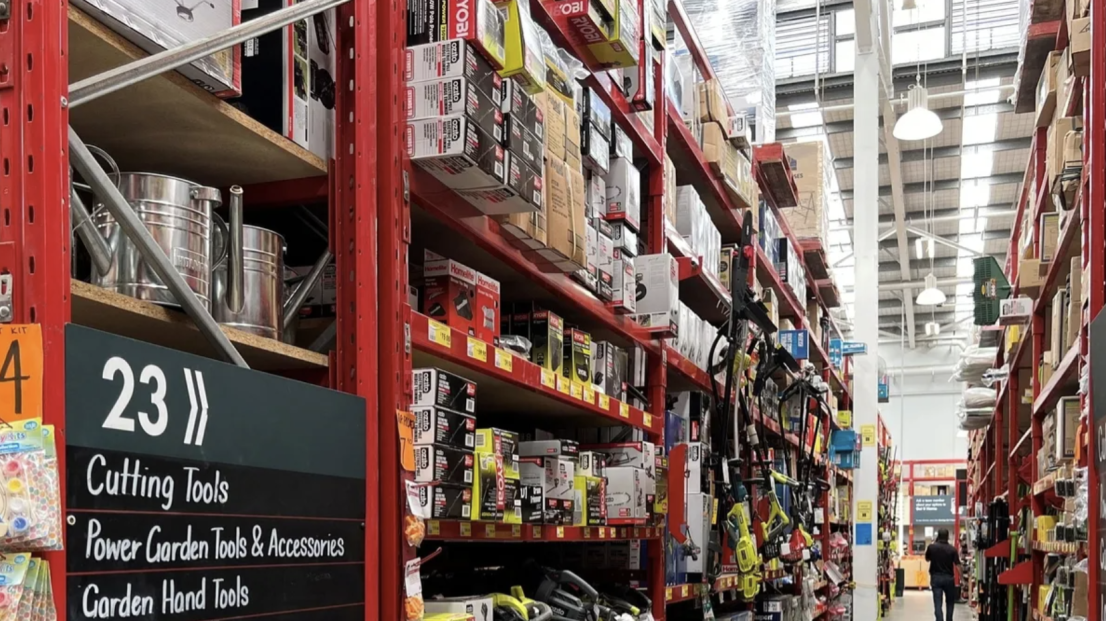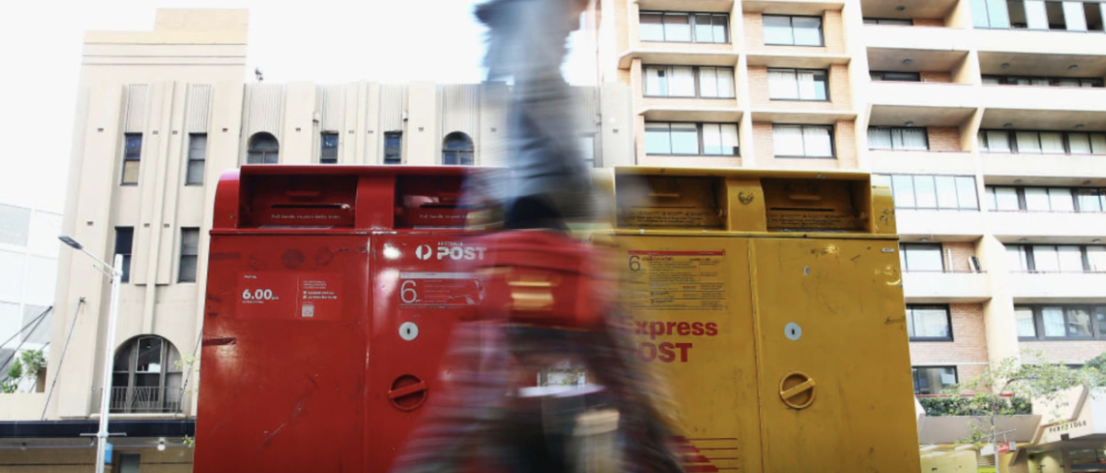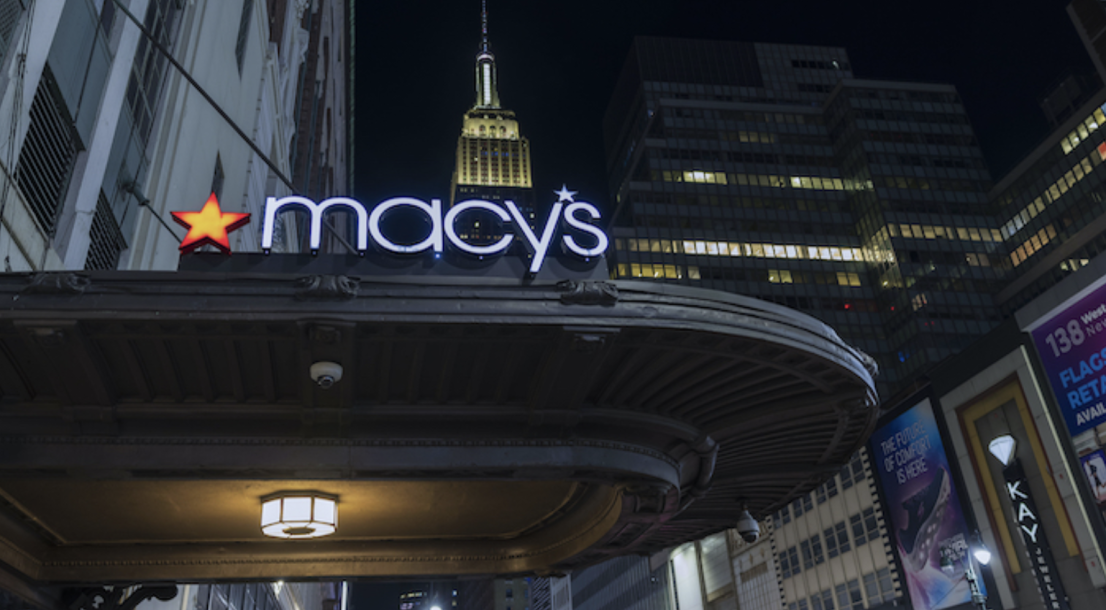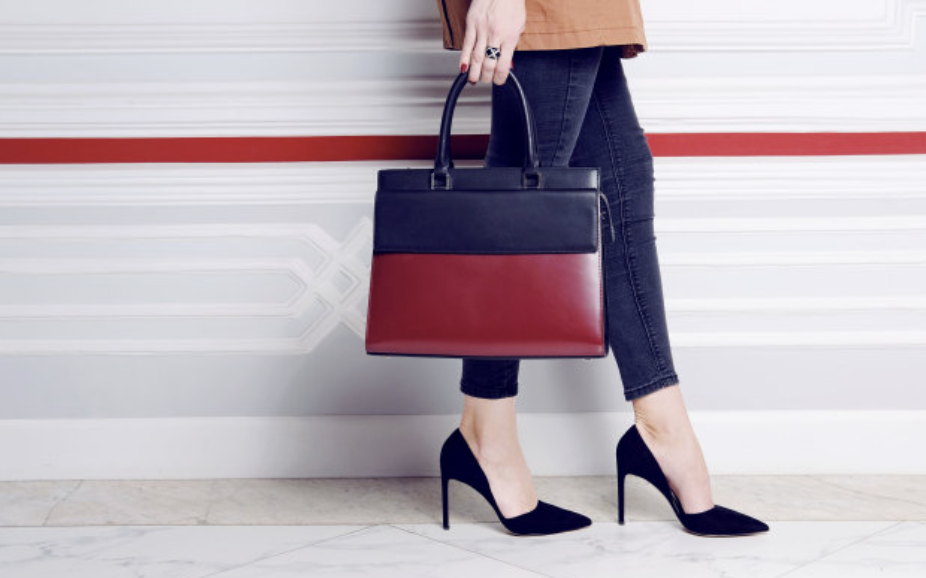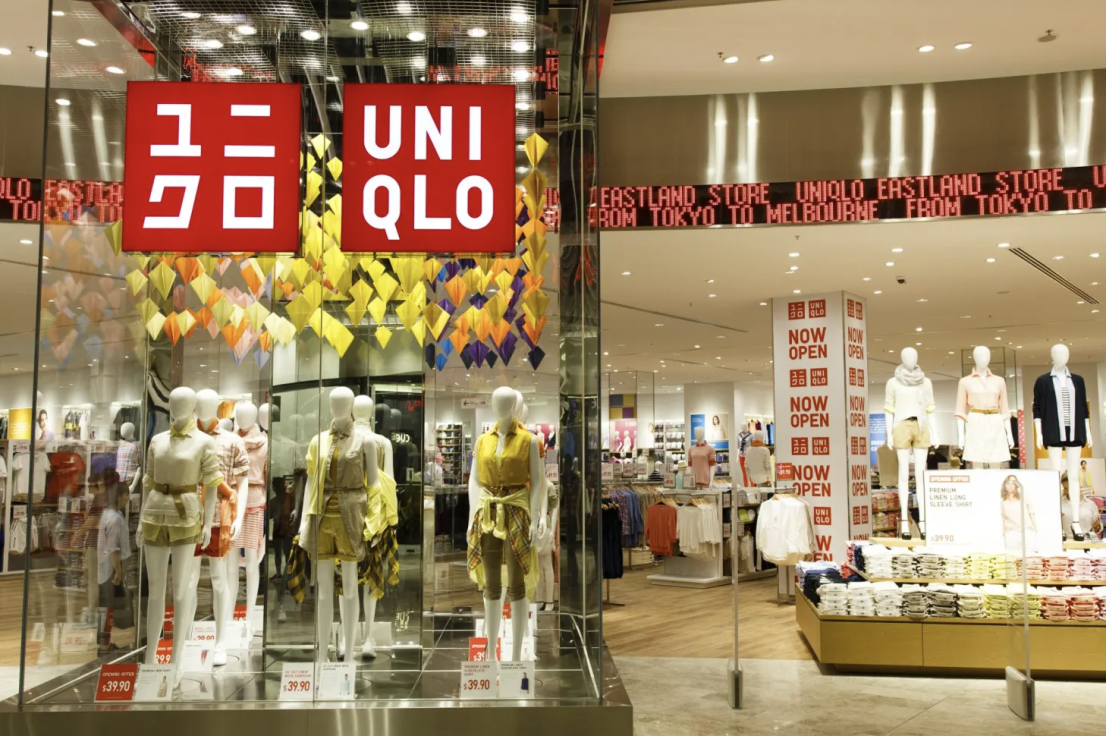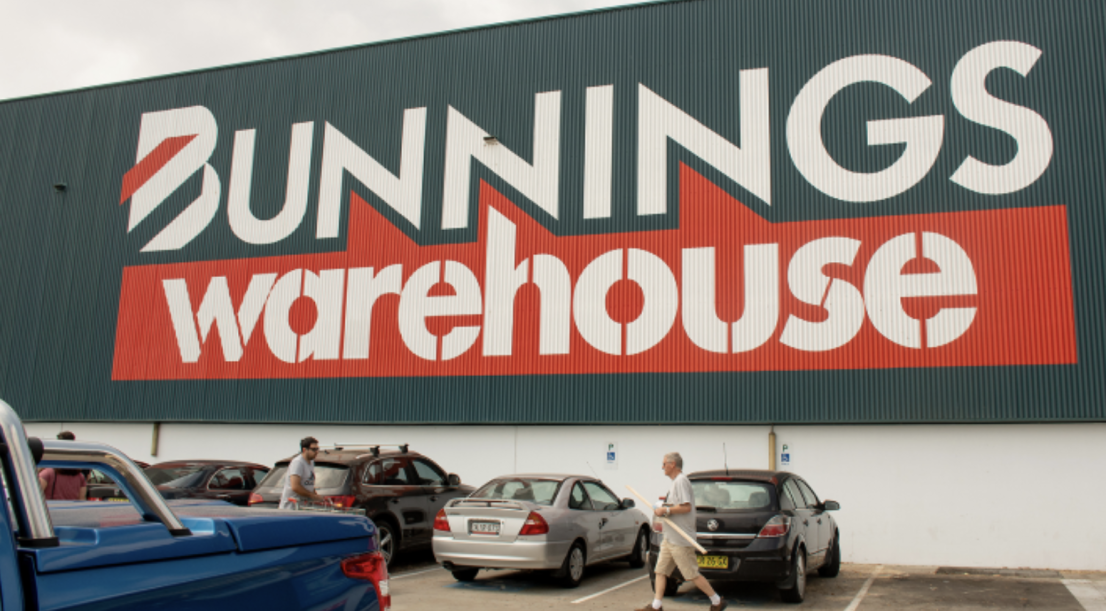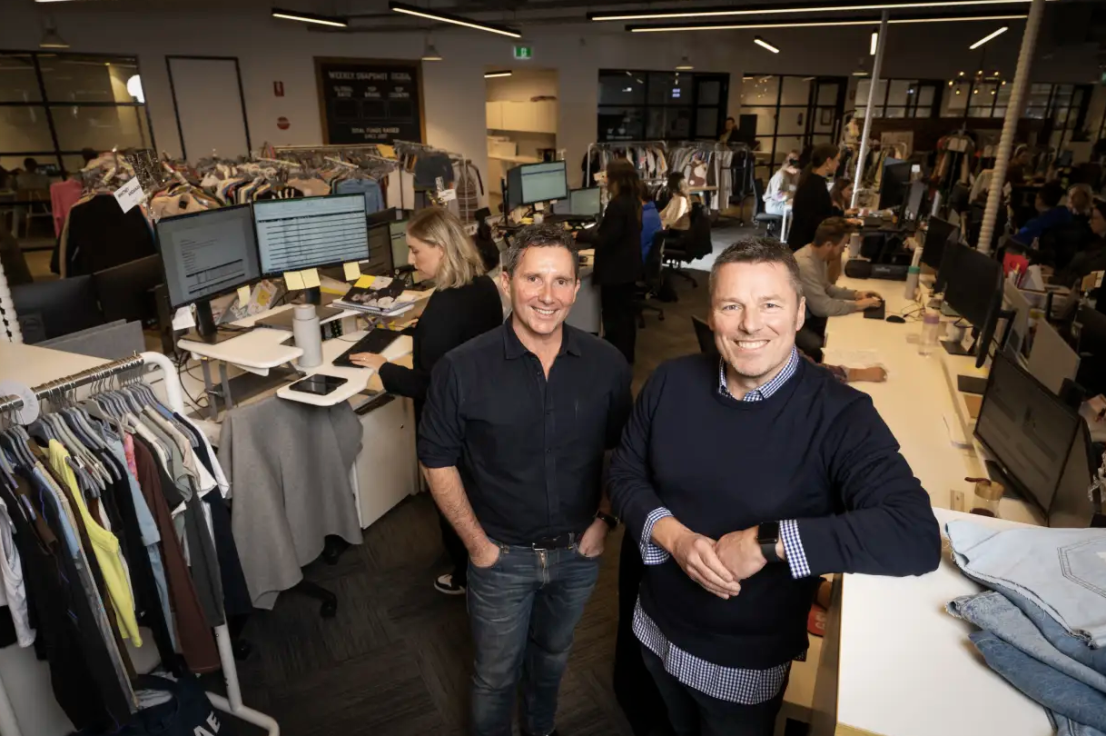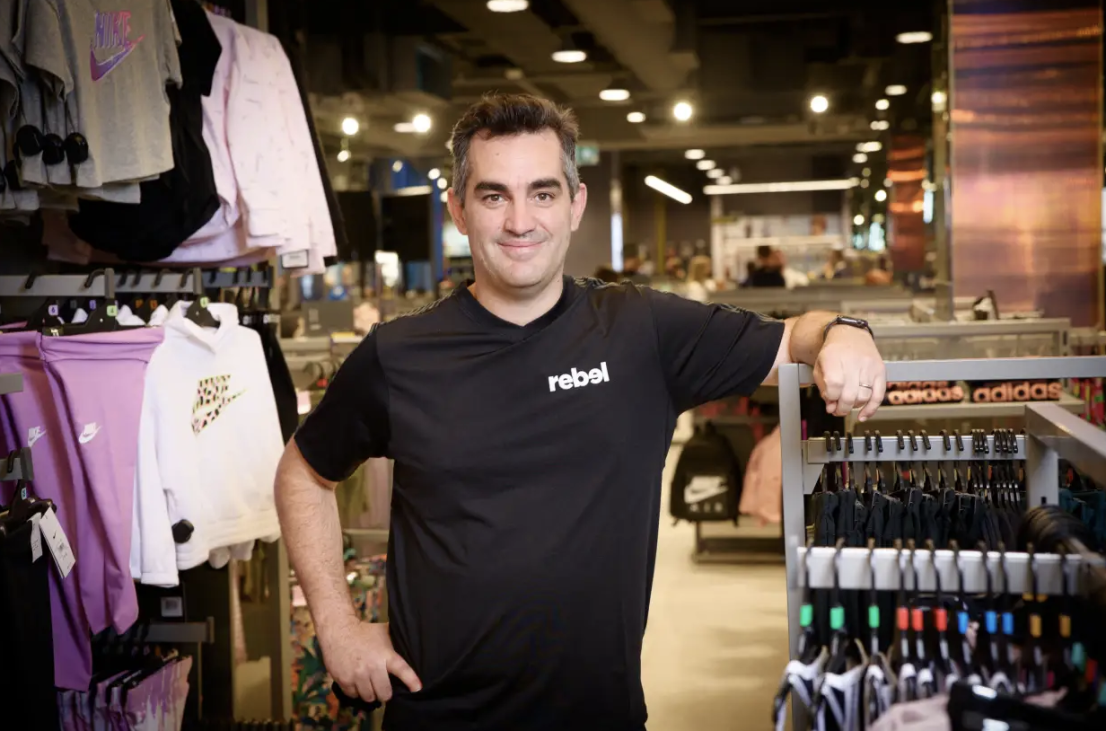
Super Retail Group, the owner of Rebel and Supercheap Auto, posted robust Christmas trading with a 3 per cent rise in sales in the first half, but warned rising wages and rents are tipped to dent its profit margin.
Chief executive Anthony Heraghty said the group, which also counts Macpac and BCF as part of its retail stable, delivered another record interim sales result across its more than 700 stores, defying cost-of-living pressures.
Preliminary first-half group revenue was $2 billion, and first-half profit before tax between $200 million and $203 million in the 26 weeks to December 30, the company said in an ASX statement.
“The group has traded well over the cyber sales and Christmas holiday trading period,” Mr Heraghty said.
“We maintained positive like-for-like sales growth in the first half, however cost-of-living pressures on the consumer did lead to a more constrained retail trading environment at the end of the second quarter.”
Investors liked the news with shares jumping 5.76 per cent to $16.72 on Monday after Super Retail’s profit before tax range topped many analysts’ expectations.
All of Super Retail’s brands posted record sales in 2023.
At its biggest brand, Supercheap, which has proved resilient to the performance of the economic cycle, sales were up 4 per cent to $760 million in the first half of 2023-24, or up 3 per cent on a same-store basis. Pre-tax profit is tipped between $106 million to $107 million.
BCF was the strongest performer with sales climbing 8 per cent to $484 million, or 2 per cent higher on a same store basis, and pre-tax profit between $40 million and $41 million.
At sports chain Rebel, sales fell 1 per cent, or 3 per cent on a same store basis, to $673 million, and pre-tax profit between $64 million and $65 million.
Smaller stablemate brand Macpac’s sales were up 4 per cent to $105 million, or flat on a same store basis, with pre-tax profit around $8 million.
Despite the more challenging sales environment, the retailer said the resilience of the lifestyle and leisure categories would underpin Super Retail’s performance as consumers sharpen their focus on value.
Mr Heraghty added that well-executed promotions during peak end-of-year trading helped to deliver revenue growth. But the improved gross margin achieved in the first half is expected to be dented by the higher cost of doing business due to a rise in wages, rents and electricity.
He said the Rebel chain was particularly susceptible given the composition of its lease portfolio and its higher number of staff in store.
Rebel’s first-half normalised pre-tax profit result includes a $5 million provision (or $8 million for the full year) for deferred revenue as a result of loyalty credits issued to customers, in line with previous disclosure.
“Following the successful launch of Rebel’s new customer loyalty program in October 2023, more than 40 per cent of Rebel’s 3.9 million active club members have already earned points by shopping at Rebel,” Mr Heraghty said.
This year, the company is investing significantly in personalisation and loyalty as well as new store openings and refurbishments, including superstore formats.
Super Retail will release its half-year results on February 22.
JPMorgan analyst Bryan Raymond said the result was hard to fault (outside of Rebel), but questioned the sustainability of the share price at current levels.
“The composition of this trading update may result in profit taking as the earnings beat was driven by gross margins rather than sales, as well as leisure being a key driver rather than Rebel,” he said.
Mr Raymond expects Super Retail to continue its capital management, forecasting 25¢ per share special dividends to continue over each of the next four results this year and next.




